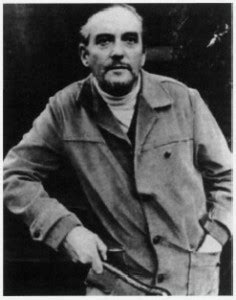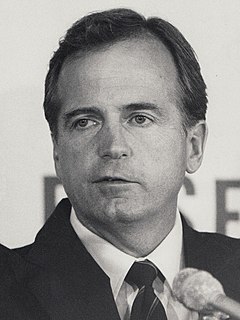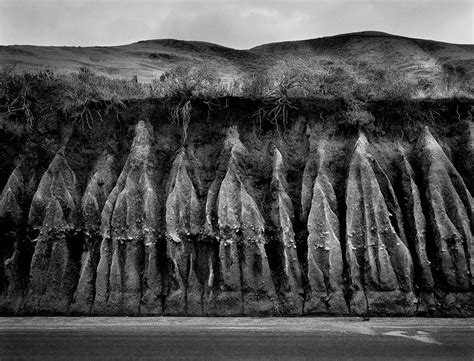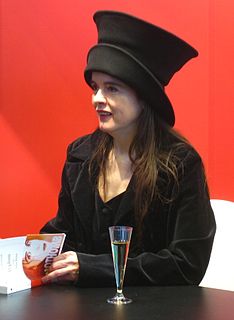A Quote by William Sansom
A writer lives, at best, in a state of astonishment. Beneath any feeling he has of the good or evil of the world lies a deeper one of wonder at it all.
Related Quotes
In a photograph, if I am able to evoke not alone a feeling of the reality of the surface physical world but also a feeling of the reality of existence that lies mysteriously and invisibly beneath its surface, I feel I have succeeded. At their best, photographs as symbols not only serve to help illuminate some of the darkness of the unknown, they also serve to lessen the fears that too often accompany the journeys from the known to the unknown.
We may say that on the first Good Friday afternoon was completed that great act by which light conquered darkness and goodness conquered sin. That is the wonder of our Saviour's crucifixion. There have been victories all over the world, but wherever we look for the victor we expect to find him with his heel upon the neck of the vanquished. The wonder of Good Friday is that the victor lies vanquished by the vanquished one. We have to look deeper into the very heart and essence of things before we can see how real the victory is that thus hides itself under the guise of defeat.
In fact, the libertarian would reason that the fact that human nature is a mixture of both good and evil provides its own particular argument in his favor. For if man is such a mixture, then the best societal framework is surely one in which evil is discouraged and the good encouraged. The libertarian maintains that the existence of the State apparatus provides a ready, swift channel for the exercise of evil, since the rulers of the State are thereby legitimated and can wield compulsion in ways that no one else is permitted to do.
It’s true that someone will always say that good and evil don’t exist: that is a person who has never had any dealings with real evil. Good is far less convincing than evil, but it’s because their chemical structures are different. Like gold, good is never found in a pure state in nature: it therefore doesn’t seem impressive. It has the unfortunate tendency not to act; it prefers, passively, to be seen.
People are tempted to think (understandably) that if God were really good He'd never allow any evil in the world at all. But I don't think a perfectly good God would never permit any evil, and neither would others, I wager, if they thought about it. Rather, I think that a good God always prevents suffering and evil unless He has a good reason to allow it. That's the crux.
We have educated ourselves into a world from which wonder, and he fear and dread and splendor and freedom of wonder have been banished. Of course wonder is costly. You couldn't incorporate it into a modern state, beacuse it is the antithesis of the anxiously worshiped security which is what a modern state is asked to give. Wonder is marvellous but it is also cruel, cruel, cruel. It is undemocratic, discriminatory and pitiless.





































